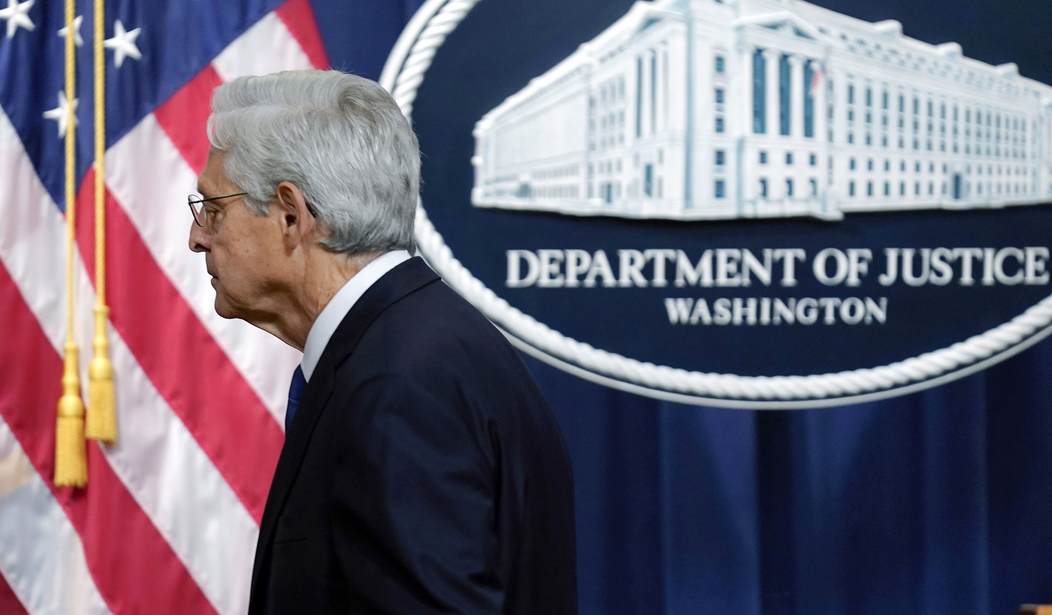It's happening: Republicans in the House of Representatives have begun proceedings for a floor vote to hold Attorney General Merrick Garland in contempt of Congress.
House Republicans cleared the way for a floor vote as early as Wednesday on whether to hold Attorney General Merrick B. Garland in contempt of Congress for refusing to hand over audio recordings from a special counsel investigation of President Joe Biden.
The Justice Department gave lawmakers the transcript of former special counsel Robert K. Hur’s interview with the president. But the department refused to release the audio despite subpoenas from the House Judiciary Committee and the House Oversight and Accountability Committee.
Last month, Biden invoked executive privilege over the recordings, which generally has given a president the authority to withhold information to protect the executive branch’s ability to confer and make decisions outside of public view.
Republicans at the House Rules Committee — which approved a closed rule for the contempt legislation — said Tuesday that the case for contempt is straightforward. The congressional demands for the audio are valid, and Garland has declined to comply with them.
Here's the question: Assuming they hold the vote, and the vote is to hold AG Garland in contempt of Congress, then what?
See Related: WATCH LIVE: Merrick Garland Testifies Before House Judiciary Committee
Biggs Absolutely Levels Garland, Blows Up the Excuses Not to Turn Over Hur Audio
I think we all know what the answer to that will be. After all, it's happened before.
This is a positive move, of course, but primarily a symbolic one. The Justice Department that Garland oversees will not cooperate with any grand jury proceedings. That is what happened in 2012 when President Obama's AG, Eric Holder, was found in contempt over Operation Fast and Furious, and that's what will happen now — nothing. The Justice Department has long claimed that contempt laws can't be applied in instances involving executive privilege, and there's no time for this to work through the courts.
The Justice Department has repeatedly found that contempt laws cannot be applied to an official for the executive branch “who is protecting the President’s claim of executive privilege,” according to a report from the Congressional Research Service.
There are a few things to consider here: Likely, this won't be pushed too hard. It's a good campaign move; the House is making a show of holding the AG accountable for refusing to cooperate with a congressional investigation into serious matters. But unless some catastrophe intervenes, in January, Merrick Garland will be vacating the office to make way for a new AG and will probably take up a new career as a talking head for MSNBC or some other leftie media outlet. There can be little doubt that Garland is the most partisan AG in modern times, driven not by any sense of justice, not by principle, but by politics. Even so, he is, as we used to say in the Army when someone's enlistment was running out, "so short he can limbo-dance under a door." As a private citizen, he won't be beyond the reach of a grand jury, but it's unlikely in the extreme anything else will happen beyond this largely symbolic vote.
As for Merrick Garland and wherever his career takes him from here, there is one thing that appears certain and we have Senator Mitch McConnell (R-KY) to thank for it — Merrick Garland is not and never will sit on the Supreme Court. For now, that's enough.















Join the conversation as a VIP Member